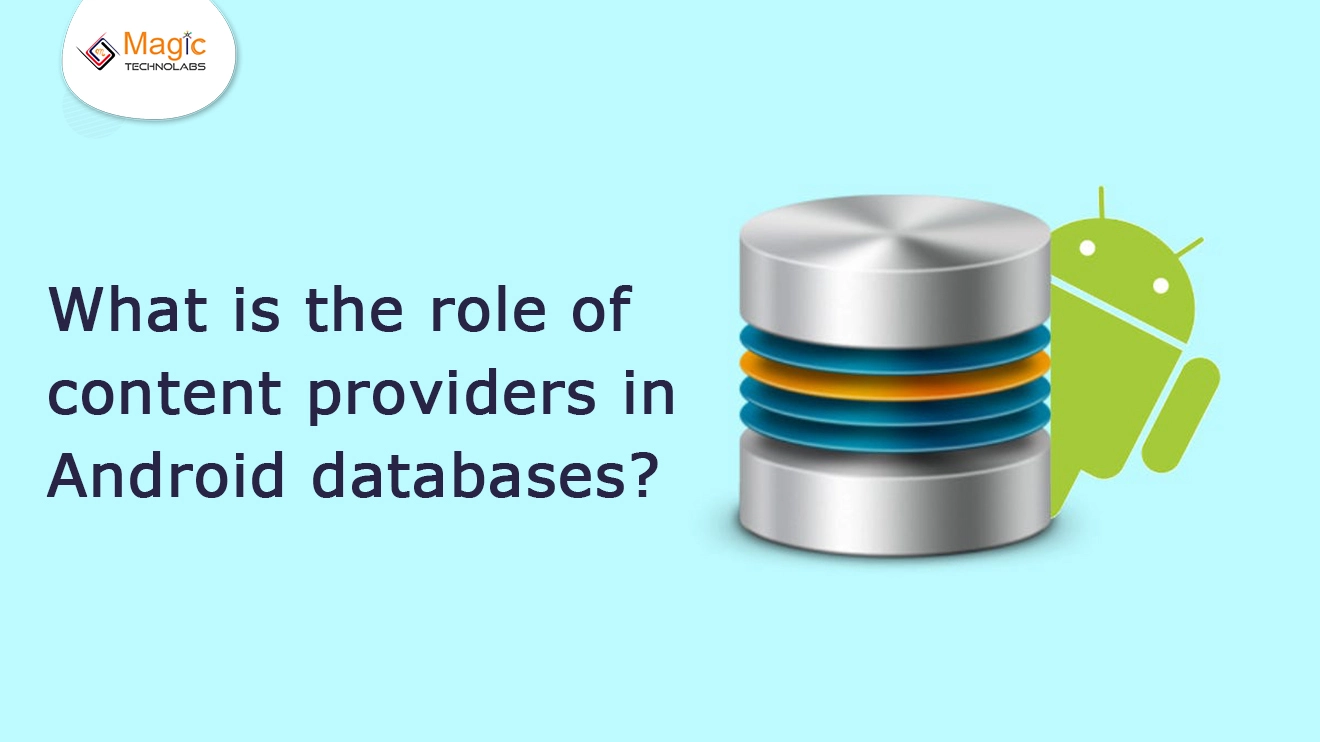In the intricate ecosystem of Android development, content providers play a pivotal role in facilitating seamless data access and sharing among applications. Essentially, content providers act as intermediaries, offering a standardized interface for interacting with data stored in Android databases.
The primary function of content providers is to abstract the underlying database details, allowing applications to access and manipulate data without needing to understand the intricacies of the database structure. This abstraction layer promotes a modular and organized approach to data management in Android apps.
One of the key advantages of content providers is their ability to enforce data access permissions. Through the implementation of permissions, content providers control which applications or components can interact with the data they manage. This security measure ensures that sensitive information is only accessible to authorized entities, enhancing the overall integrity and privacy of the system.
Content providers also support the sharing of data between different applications. This interoperability is crucial for creating a cohesive user experience, where multiple apps can leverage and contribute to a shared pool of data. For example, a contacts app may expose its data through a content provider, allowing other apps to read and modify contact information.
Furthermore, content providers facilitate data retrieval through a structured query language known as Content Resolver. This standard querying mechanism ensures uniformity across applications, promoting consistency in data retrieval processes.
Developers can implement custom content providers tailored to the specific needs of their applications. This customization allows for the seamless integration of data management functionalities within the app's architecture.
In summary, content providers in Android databases serve as the backbone for efficient data management, offering a standardized and secure means for applications to interact with shared data. Their role extends beyond mere abstraction, encompassing data sharing, security enforcement, and standardized querying, contributing significantly to the robustness and versatility of the Android app development landscape.
















